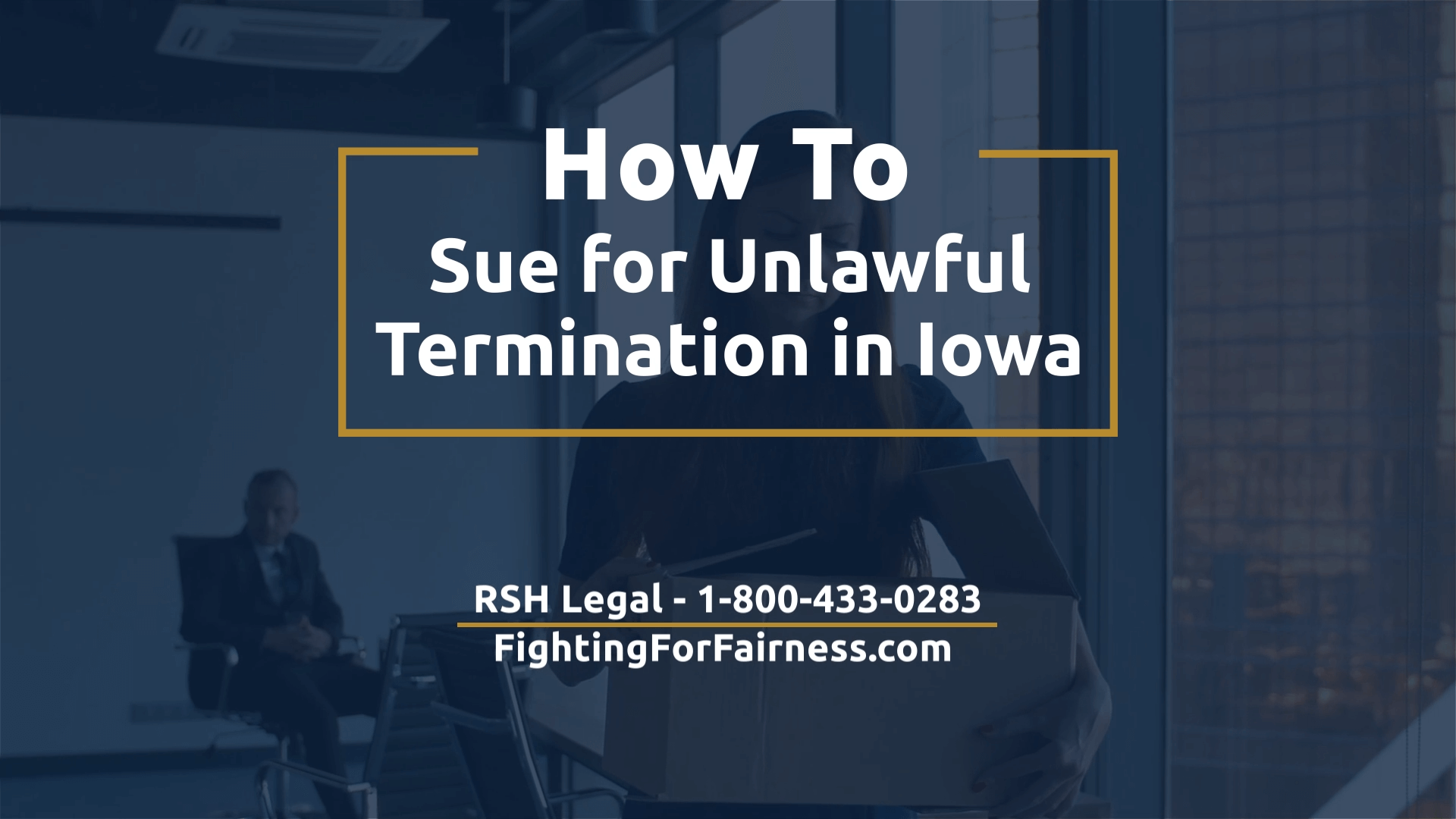We receive countless calls from people who have been discriminated against at work.
But not all discrimination is illegal. We can only provide legal help to people where the discrimination is against the law.
There are laws at both the federal and national levels and at the local and state levels that prohibit certain types of discrimination. Even at-will employees are protected by these laws.
Federally, you may have heard about the Civil Rights Act of 1964. This law did many things to combat discrimination, including making discrimination in employment unlawful where the discrimination is based on race, color, religion, sex, sexual orientation, gender, and national origin.
You may also have heard of the Americans with Disabilities Act. This is also a federal law, and it, along with several amendments to it, makes discrimination on the basis of disability unlawful.
Finally, there is a federal law known as the Age Discrimination in Employment Act that protects workers who are 40 or older from age discrimination.
Iowa has its own Civil Rights Act that addresses discrimination in employment and makes it unlawful in Iowa to discriminate on the basis of:
- Race
- Color
- Religion
- Sex
- Sexual orientation
- Gender
- National origin
- Disability, or
- Age.
There are many overlaps between the Iowa Civil Rights Act and the federal laws that address the same types of discrimination.
When get a call from a potential client about discrimination in the workplace, we must determine if the type of discrimination is actually in violation of one of these laws.
“Protected Classes” and Iowa Workplace Discrimination
Together the federal and state laws define “protected classes.” Only protected class discrimination is unlawful in the workplace.
Sometimes even when something that seems discriminatory happens, it may not be something that you can bring a claim for. Generally, unlawful discrimination must result in an “adverse employment action” before you can bring a claim against your employer for the discrimination.
An adverse employment action is simply a concrete, specific action that negatively impacts the terms or conditions of employment. This may include:
- Reducing an employee’s pay or benefits
- Being demoted
- Being denied a promotion
- Refusing to hire an employee
- Firing an employee
- Harassment of an employee
Any of these actions may be considered an adverse action and – if the adverse action was motivated by a legally recognized protected class – may be the basis for a legal claim.
Filing a Discrimination Claim in Iowa
If you feel you have been unlawfully discriminated against at work because of your protected class status, you must take legal action promptly.
Generally, claims for unlawful protected class discrimination must be filed with either a state or federal agency within 300 days of the discriminatory act. If you do not file a legal claim in that timeframe, you will no longer be able to file a complaint against your employer.
Knowing when the discrimination occurred can be easy to nail down if the adverse action was something specific like a termination. However, figuring out when you need to start the clock may be a bit more complicated if there is an ongoing situation such as harassment or back and forth discussions about possible disability accommodations.
The best way to know when the 300-day countdown begins is to consult an experienced Iowa workplace discrimination attorney. A skilled employment law attorney will be able to analyze your case and figure out when the discrimination occurred. They can also advise you of your rights and give you real tips on how to proceed with your case.
If you would like a free, no-obligation case evaluation by one of our Iowa discrimination attorneys, contact RSH Legal today at 1-800-433-0283.




